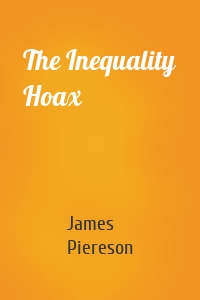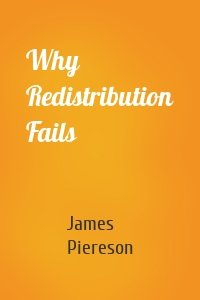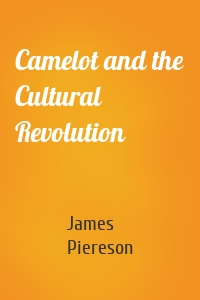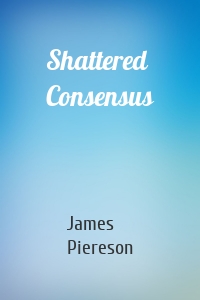James Piereson
4 кн.
The Inequality Hoax
The controversy over inequality has gathered steam with the publication of Thomas Piketty’s new book, Capital in the Twenty-First Century, a dense work of economic history that documents the rise of income inequality in recent decades and sets forth an agenda of taxation to deal with it. Piketty’s treatise has turned into a rallying point for those favoring income redistribution and higher taxes on the rich.In this Broadside, James Piereson explains how Piketty’s...
| Автор | James Piereson |
Why Redistribution Fails
Democratic presidential candidates, including Hillary Clinton and Bernie Sanders, along with progressive economists like Thomas Piketty and Paul Krugman, have made a case for redistributing income from the wealthy to the poor as a means of reducing inequalities in income and wealth. Meanwhile, public opinion polls show that voters reject programs of redistribution in favor of policies designed to promote overall economic growth and job creation. While voters...
| Автор | James Piereson |
Camelot and the Cultural Revolution
James Piereson examines the bizarre aftermath of John F. Kennedy's assassination: Why in the years after the assassination did the American Left become preoccupied with conspiratorial thinking? How and why was Kennedy transformed in death into a liberal icon and a martyr for civil rights? In what way was the assassination linked to the collapse of mid-century liberalism, a doctrine which until 1963 was the reigning philosophy of the nation?
| Автор | James Piereson |
Shattered Consensus
The United States has been shaped by three sweeping political revolutions: Jefferson’s “revolution of 1800,” the Civil War, and the New Deal. Each of these upheavals concluded with lasting institutional and cultural adjustments that set the stage for a new phase of political and economic development. Are we on the verge of another upheaval, a “fourth revolution” that will reshape U.S. politics for decades to come? There are signs to suggest that we...
| Автор | James Piereson |





